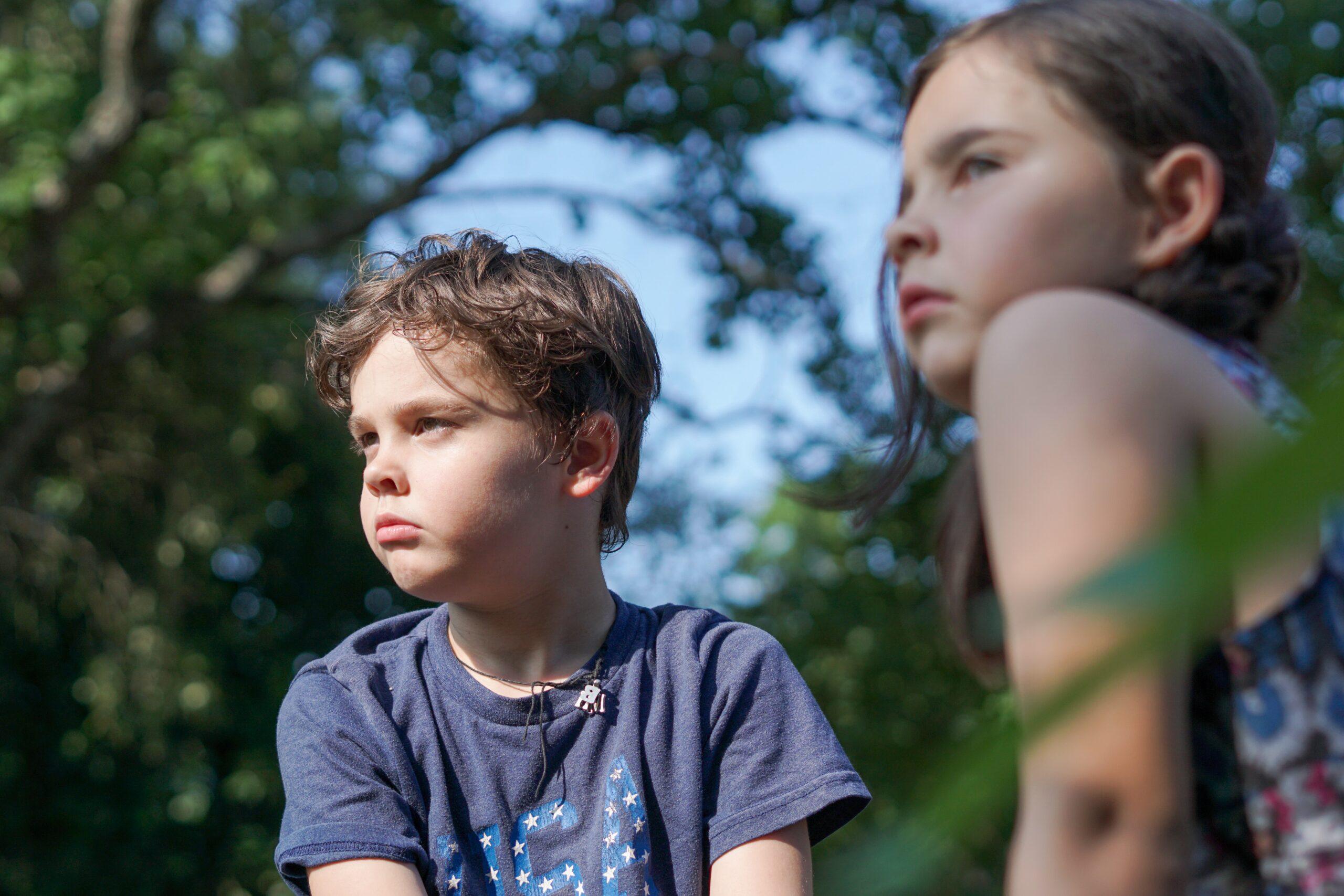“I hope I have a girl. They seem so much easier than boys.”
“Oh, not me. My daughter is a much bigger challenge than my boys.”
The majority of parents have either said or heard these statements at some point in their parenting journey. I have even found myself stereotyping my children on more than one occasion with comments such as “Oh, he is all boy, always testing his limits. Or, “She’s so sensitive and quiet, such a little lady.”
However, I begin to wonder if my son and his strong-willed behavior is a result of him being a boy or the result of him being my firstborn. Is my daughter overlooked at gatherings because she is so quiet or because she is the middle child? My questions (and those of many parents) can be answered by what some psychologists refer to as the Birth Order Effect.
Although the theory of the birth order can be very complex, a few highlights can give us quite an advantage as parents. The birth order theory is based on the thought that a child’s personality has more to do with his place in the family than with inborn traits. According to Dr. Kevin Leman, psychologist and author of The Birth Order Book (Revell), “your birth order— whether you were born first, second or later in your family— has a powerful influence on the kind of person you will be.”
Each birth order comes with its own set of personality traits. Some children may possess all of the traits, while some will only possess a few. As you read, chances are you will begin to see descriptions of your own children.
Personality Traits Based on Birth Order
Only Child
One out of four children is an only child, making this personality fairly common.
Only children love to be alone. They not only want alone time but they actually need it. The only child tends to be an organizer, scheduler and worrier. They are normally fair, dependable and have been known to throw tantrums to show power. The only child also has a tendency to have a sarcastic sense of humor.
Is this sounding familiar to some of you parents of an only child? Now you can see why those temper tantrums seem so frequent or why you often find your child alone in his room being a “loner.” He is just the result of his place in the family.
First Born
There are some similarities between the first born and the only child personalities. Why? Remember, all first born children were at one time the only child. Suddenly, another sibling has entered this child’s life and he must find another way to establish his family placement.
Common personalities of the first born include perfectionism, reliability, conscientiousness, organized, list makers, critical, serious and goal oriented. As a result of having only adults as role models, first born children tend to be considered more advanced or “little adults.” They can develop into two basic personality types, compliant and pleasing or strong-willed and aggressive.
First born children commonly go on in life to be leaders and achievers. It is no surprise that 52 percent of our presidents have been first born children.
Second Born or Middle Child
Birth order personalities develop in response to siblings, not parents. Therefore, the second born or middle child will develop traits opposite that of the first born.
My older sister and I could not be more different. She is aggressive and I am compliant. She enjoys conflict, I am a peacemaker. Both of these traits I exhibit are common middle child traits.
Other characteristics include meekness, secretiveness and possessing good negotiating skills.
Middle children have a tendency to feel left out of things at home or in the family. They have a hard time finding their place among first born children and babies. Middle children can show up in a variety of places in the family depending on the number of children.
No matter the size of the family, the middle children can develop the same personality traits that become known as the middle child syndrome. These children may feel displaced, lost and angry, and they may look for outside companionship to avoid the hurt feelings as if they don’t belong at home. They often have a strong dependence on outside peer groups.
Third Born
As a result of many families stopping at three children, the third born is often the baby of the family. Third born children are usually the charmers in the family. They are also affectionate and uncomplicated. They become the class clown and are usually good manipulators.
Underneath all of that charm they can be rebellious, critical, temperamental, spoiled and slightly impatient. The third born uses charm to offset the feelings of inadequacy the second born has so desperately tried to pass on. See also, Understanding and Overcoming “Third Child Syndrome.”

Fourth Born
Fourth born children often develop the ability to deal well with people. This is probably a result of having to deal with all of those personality types growing up. They may also be great thinkers and able to manage challenging situations. They may also become analytical, hard workers and they can be pushy or passive.

Some of you parents may be asking, “Why stop there; what about my other kids?” There are special circumstances that come with the Birth Order Effect. For instance, families with a large number of children will see the order repeat itself. After the fourth child, it starts over.
Another circumstance is spacing between children. After a gap of five years, it is as if a second family has begun. In my family, there were six kids with a gap of 12 years between the third born and the fourth born. You can imagine the family dynamics!
One question you may be asking is, “Can this help me as a parent?” The answer is yes.
The more you know about your child’s personality and the reason for it, the more able you’ll be to handle your child.
Simple Tips For Dealing With Each Family Placement
Only Child
- This child needs time alone. Be sure you provide adequate time for this. Do not be concerned that your child will become anti-social.
- Be sure not to overload this child with too many group activities. Alone time is just as important.
First Born
- Oldest children are sensitive to criticism. Do not be too quick to correct a problem or to improve everything.
- Lay rules out very simply. Instead of saying “Clean your room,” be specific and say, “Please put your clothes away and then put the toys in the toy box.”
- Give your first born parental attention away from other siblings.
- Give special privileges for the oldest. Let the oldest child stay up a little later, get an extra book, etc.
Middle Child
- The big thing to remember with middle born children is they need to know their place. Make special time to talk one-on-one. Plan special outings for just the two of you.
- Make a conscious effort to ask his opinion. Middle kids will often not speak up in the midst of a debate.
Last Born
- The last born tends to be less disciplined than the rest of the group. Make sure the rules apply to all children.
- Give the last born his fair share of responsibility in the family.
- Recognize accomplishments. Remember, the first time the baby ties his shoes is as important as the first time the first born did it.






